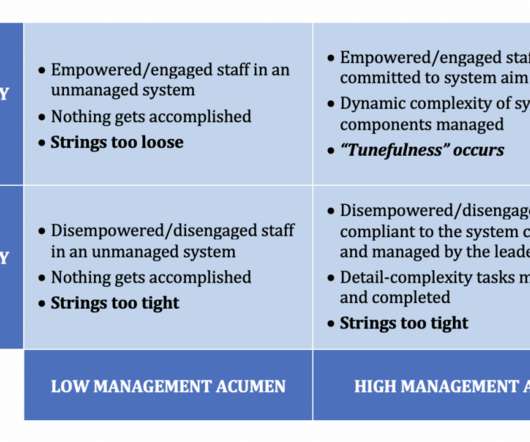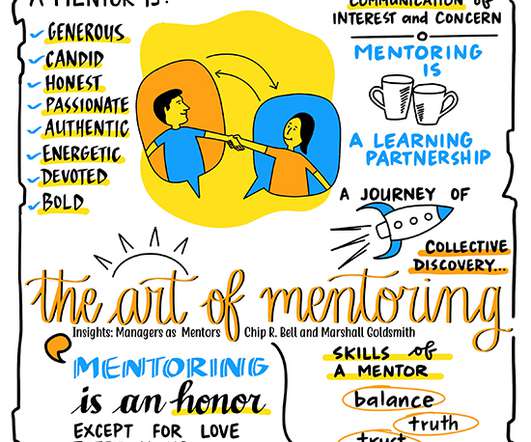5 Key Lessons From Learning Organizations
QAspire
JANUARY 9, 2011
Home Go to QAspire.com Guest Posts Disclaimer 5 Key Lessons From Learning Organizations Problems, challenges and inefficiencies (in one way or the other) are a part of any organization. How organizations deal with them makes all the difference. In my career so far, I have (broadly) seen two kinds of organizations.









































Let's personalize your content